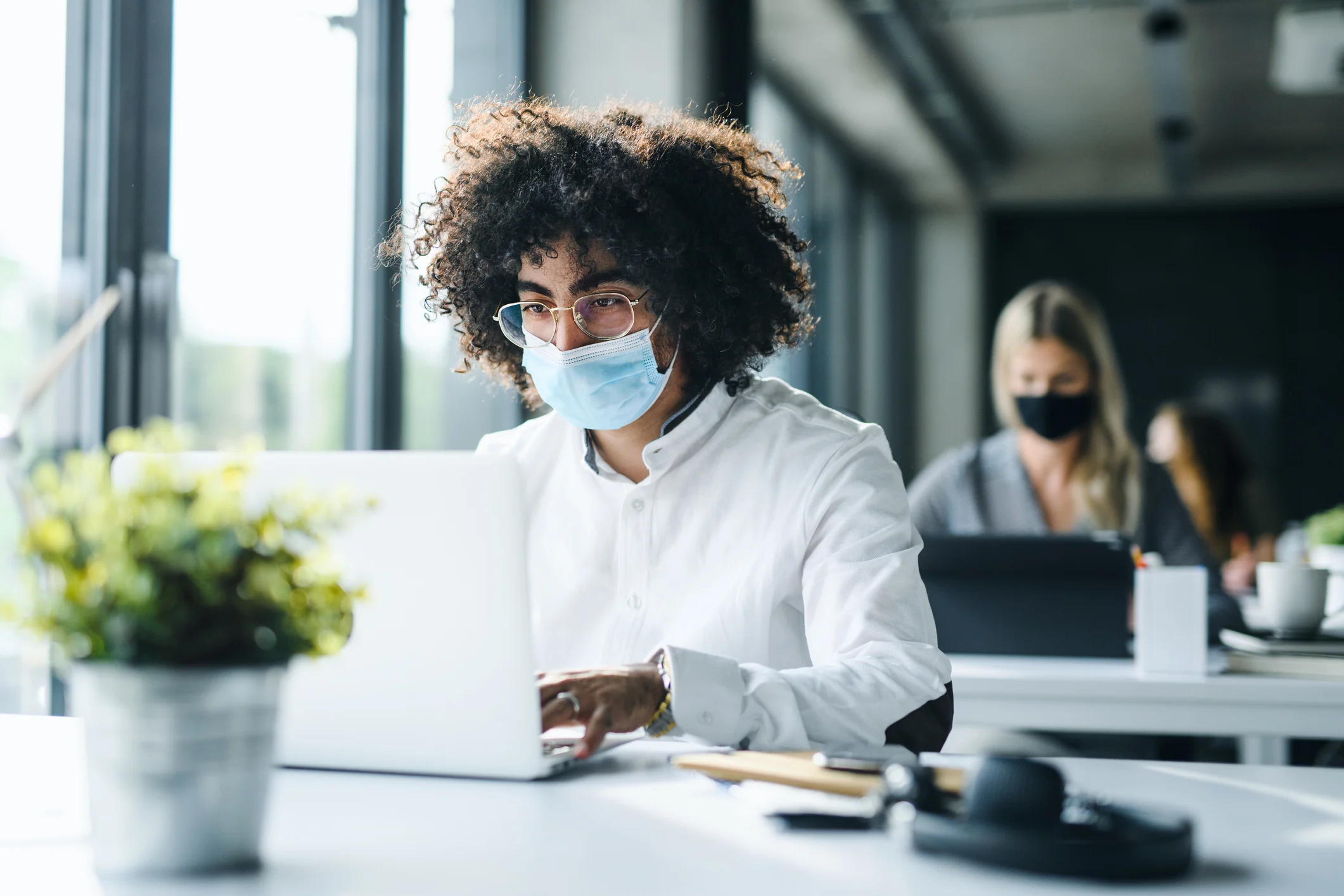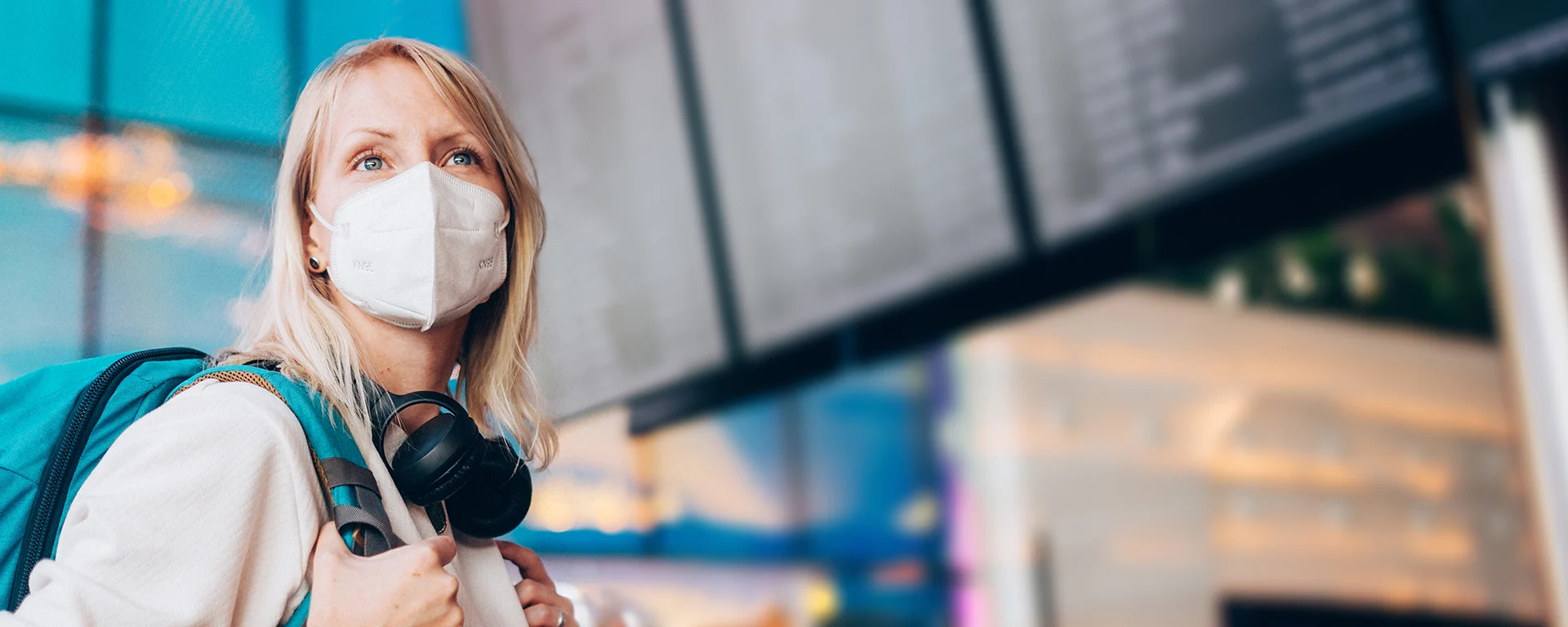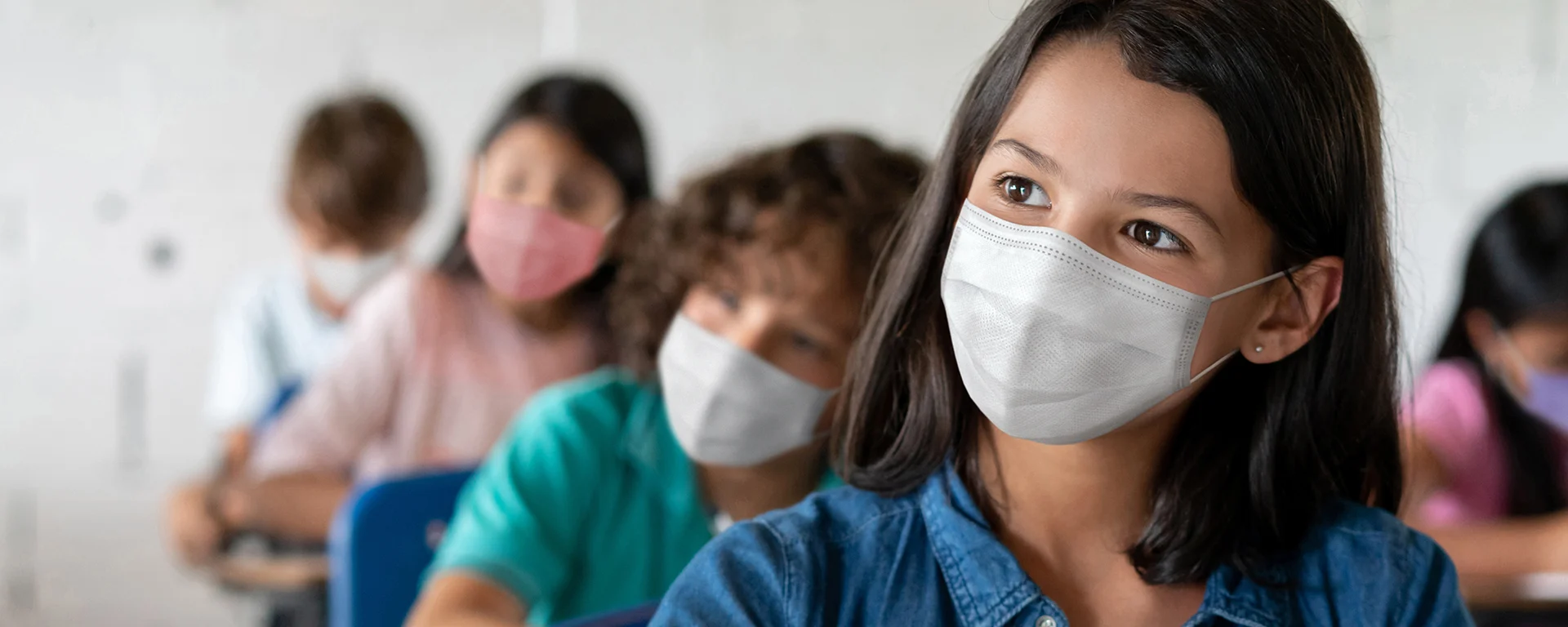I Need a PCR Test. Where Do I Go Now?
Tests are still widely available, if you know where to look.
February 2023: You can find a free testing site near you using the CDC’s No-Cost COVID-19 Testing locator. Tests at these sites may be rapid or PCR tests.
I recently attended a close friend’s wedding — the first one I’d gone to in three years. The couple knew they would have several elderly guests in attendance, as well as people with immune-system problems, so they wanted to be super-careful about COVID-19. The wedding was held outside, and everyone had to be up to date on their vaccines — I could check that box easily. However, they also required all guests to show a negative PCR (polymerase chain reaction) test taken no more than three days before the big day. In 2021, getting that done would’ve been fairly easy. But now, it’s a little harder.
With waning demand for PCR tests, the number of testing sites has shrunk. Many neighborhood and pop-up testing centers have closed. Meanwhile, some nifty test location tools from private companies that I used to consult have not been updated in several months. Nowadays, I use HHS.gov’s community-based testing site locator tool, which is regularly updated.
Generally though, I focus on these options when looking for a PCR test.
Retail Pharmacies
The major pharmacy chains offer PCR testing at select stores, and they clearly specify on their websites whether PCR tests are available at a given location.
Right now, pharmacies are my go-to for PCR tests. I selected a nearby pharmacy to get a PCR test for my friend’s wedding. The process was very easy. I scheduled the test online at a time convenient for me, went to the drive-through window, received the PCR test kit and swabbed myself, and then put my specimen in the drop box. The test results were available on my pharmacy’s online portal the next day (negative!).
Urgent Care
Many urgent care centers can administer a PCR test, but those locations have some downsides. First, you may have to wait a long time, as urgent care centers prioritize patients based on how serious their needs are. If you’re just going in for a PCR test, they’ll probably see the child who sprained their ankle before you. In addition, you may have to sit in a waiting room around other people, some of whom may have COVID-19!
Finally, depending on your insurance plan, a visit to urgent care can be pricey. You’ll need to make sure that any clinic you go to is in your network. And even if it is, you may get charged a fee just for showing up at urgent care. For these reasons, I try to avoid urgent care sites if I need a PCR test. If you choose to go to one, make sure you do your homework first.
Small Testing Providers
Many testing companies that were spun up or greatly expanded early in the pandemic have scaled back operations in 2022, but some locations are still around. Unfortunately, many of these companies require you to pay out of pocket and don’t take insurance. PCR tests from these companies can range in price from about $70 to upwards of $200 or more.
Major Lab Companies
Major lab companies offer in-person PCR testing at some locations, but generally only to people who don’t have symptoms. The process itself is fairly similar to getting a routine blood test – you book an appointment, show up at a testing site, and have the test administered (or you may be asked to administer the test yourself). I went to a local office of a major lab company last year for a PCR test to meet an international travel requirement and found it very easy.
Home PCR and other Molecular Tests
These same major lab companies also offer home PCR test collection kits. The process is simple: the company ships the kit to your home, you collect a sample, and you ship it back to get the results. If you choose to go this route, make sure you don’t need the sample collection to be supervised by a proctor or medical professional, which may be needed (such as for a medical procedure).
If you want a very sensitive test for another reason (not because someone has required PCR), you have other at-home options. While these tests are not PCR tests, they use a similar technology, and will pick up an infection earlier than antigen tests will.
Final Thoughts
Even though there are fewer testing sites out there now, PCR tests are still available across the country, including options covered by insurance, or at no cost to you. If you’re not careful though, you could be on the hook for $100 or more. You should also make sure the location you choose can turnaround results in the timeframe you need them. Otherwise, you may not be able to go to the big event that had you seeking out a test in the first place!






